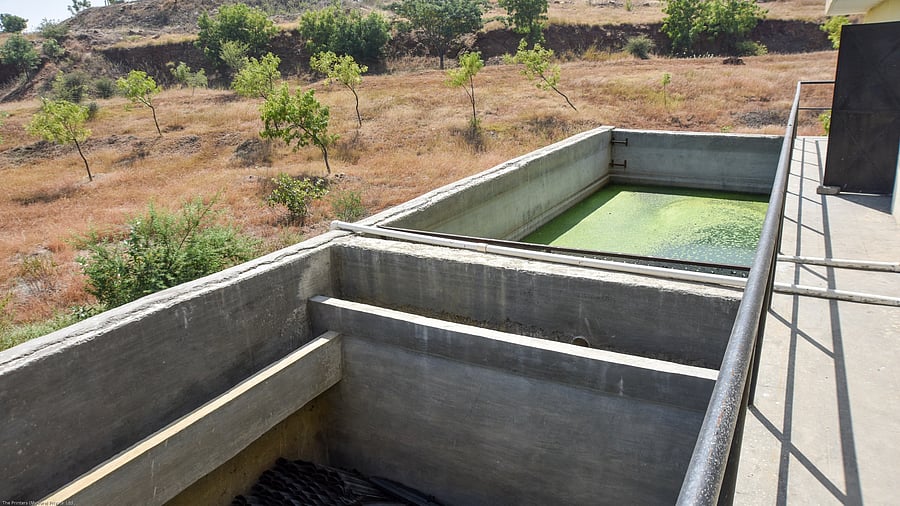
Representative image.
Credit: DH Photo
With close to 2,644 decentralized Sewage Treatment Plants (STP), Bengaluru is one of the top cities that has the highest number of decentralized STPs in the world and the city could stand as a role model to the world in the use of treated water, experts suggested.
“While San Francisco has only close to 50 such STPs, New York has only 30 of them. Though Beijing has merely 2,000 decentralized STPs, none of the cities have been able to reuse wastewater to a large extent. Bengaluru has the highest number of STPs and a huge opportunity to set an example to the world,” said Christian Binz, a group leader in the cluster Sustainable Transitions and Business Innovations (CIRUS) at the Department of Environmental Social Sciences, Eawag.
However, he added that there were a few challenges ahead and the stakeholders should work together on handling them.
“There are six main factors that have to be addressed for Bengaluru to succeed in making the best use of wastewater through decentralized STPs. They are: planning an industry and market structure; financial arrangement; knowledge, skill, and capacity building; legal and regulatory framework; legitimacy– acceptance from users; sustainable and equitable plan,” Binz said.
Speaking at the ‘Building Water Security in Bengaluru: Conference on Urban Water Planning and Wastewater Reuse’ organized by Water, Environment, Land, and Livelihoods (WELL) Labs, the Swiss Federal Institute of Aquatic Science and Technology (EAWAG), and the Bangalore Apartments’ Federation (BAF), researchers and stakeholders called out for policy interventions from the government.
“Bengaluru does have a good opportunity to reuse wastewater and is moving in that direction. However, the regulatory framework is weak, the state pollution control board, stating poor manpower does not monitor these STPs regularly,” said Professor V Srinivas Chary, Director of the Centre for Urban Governance, Environment, Energy, and Infrastructure Development at the Administrative Staff College of India (ASCI).
He suggested that the government shift the responsibility to BWSSB instead.
Representatives from the Bangalore Apartments’ Federation also pointed out a need for better guidance and government policies to help apartments make better use of treated water. “The general population will not know about the technology available and how the wastewater can be reused. The government should intervene and provide guidance to people,” said Vikram Rai, General Secretary of the Bangalore Apartments’ Federation.
He added that reuse can be promoted only when the economics are planned well. “At the end of the day, people are worried about the money they have to spend on treatment. If there is a market and the government clearly lays out a policy for selling the treated water, even the apartment associations will be confident,” he said.